The same system burning you out is making billions pretending to fix it.
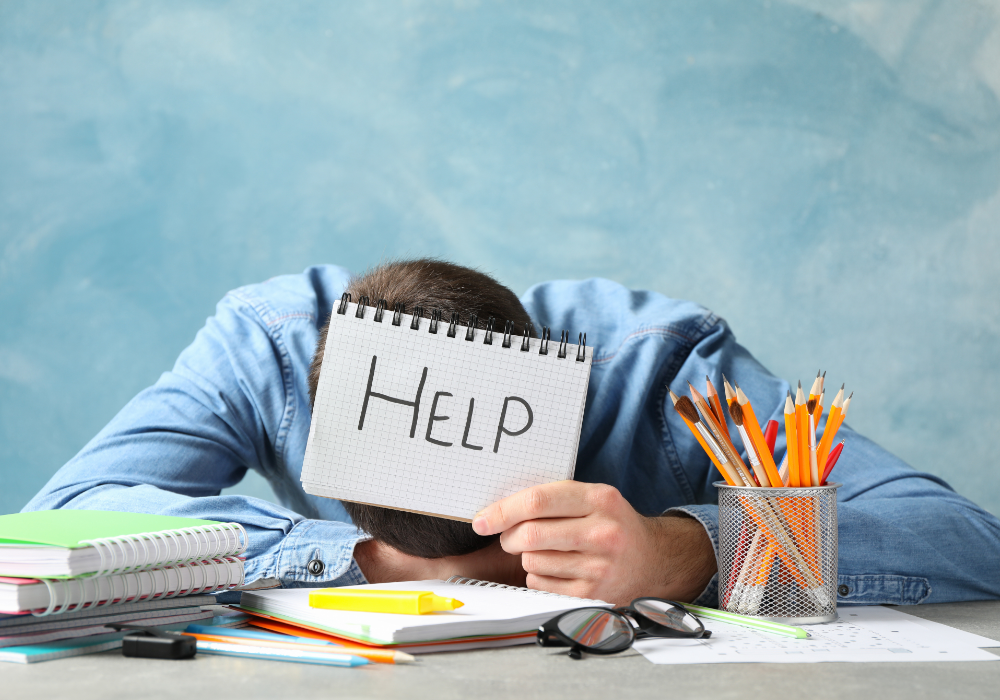
Self-care used to mean something simple—resting when you’re tired, saying no when you need to, doing things that nourish instead of deplete you. It’s a billion-dollar industry selling $80 jade rollers, productivity planners, and stress-relief subscriptions you barely use. The wild part? Most of what drives that need for self-care—burnout, pressure, overwork—comes from the same system that’s cashing in on your exhaustion.
Capitalism doesn’t want you healed. It wants you almost okay, just functional enough to keep spending. It sells the problem, then markets the solution back to you in the form of scented candles, dopamine detoxes, and time-blocking hacks. This isn’t about demonizing every product—it’s about seeing the cycle. If you’ve ever felt like no amount of “treating yourself” actually helps, this is why. These ten signs show exactly how self-care stopped being healing—and started being another hustle.
1. Burnout culture creates the need—then profits off your recovery.

You’re told to work harder, do more, stay available, say yes. Grind culture rewards overextension, then acts shocked when you collapse. But once you’re burnt out? The same system that pushed you there offers the fix—vacation packages, therapy apps, wellness products, and “mindfulness at work” seminars. According to a 2023 article in The Guardian, the commodification of self-care prioritizes financial gain over personal well-being, turning burnout into a market opportunity rather than addressing its systemic causes.
Burnout used to be a red flag. Now it’s practically a rite of passage—and a market opportunity. Instead of changing the system, the solution is to “optimize your morning routine” or “take a digital detox” so you can go right back into the fire. Capitalism doesn’t want less burnout. It wants manageable burnout—just enough to keep you spending, but not enough to quit. That’s not self-care. That’s survival being repackaged as lifestyle.
2. Wellness products turn your pain into a profitable aesthetic.
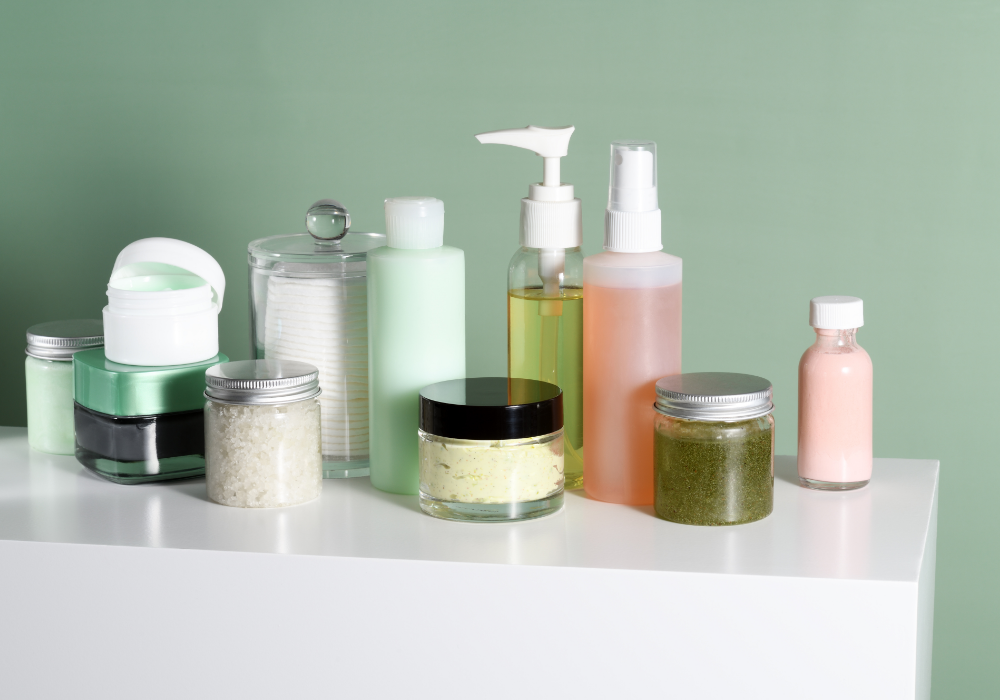
Feeling anxious? There’s a weighted blanket for that. Overwhelmed? Try mushroom coffee, a salt lamp, or a $40 bath soak. Capitalism doesn’t just respond to your stress—it brands it. Per Courtney Warrell for Inspire the Mind, the wellness industry has commodified mental well-being, offering products like mindfulness apps and aromatherapy-based items that may not address the systemic issues contributing to stress and burnout.
Instead of encouraging rest or systemic change, the wellness industry teaches you to shop your way to peace. It takes real emotional needs—like stillness, connection, or healing—and turns them into mood boards.
You’re still stressed, but now you’re also broke. And if the product doesn’t “work,” the blame shifts to you: maybe you’re not journaling enough, or your affirmations weren’t specific. It’s a loop. One where peace is promised, sold, and always just out of reach—unless you buy one more thing.
3. Hustle culture rebrands exhaustion as empowerment.
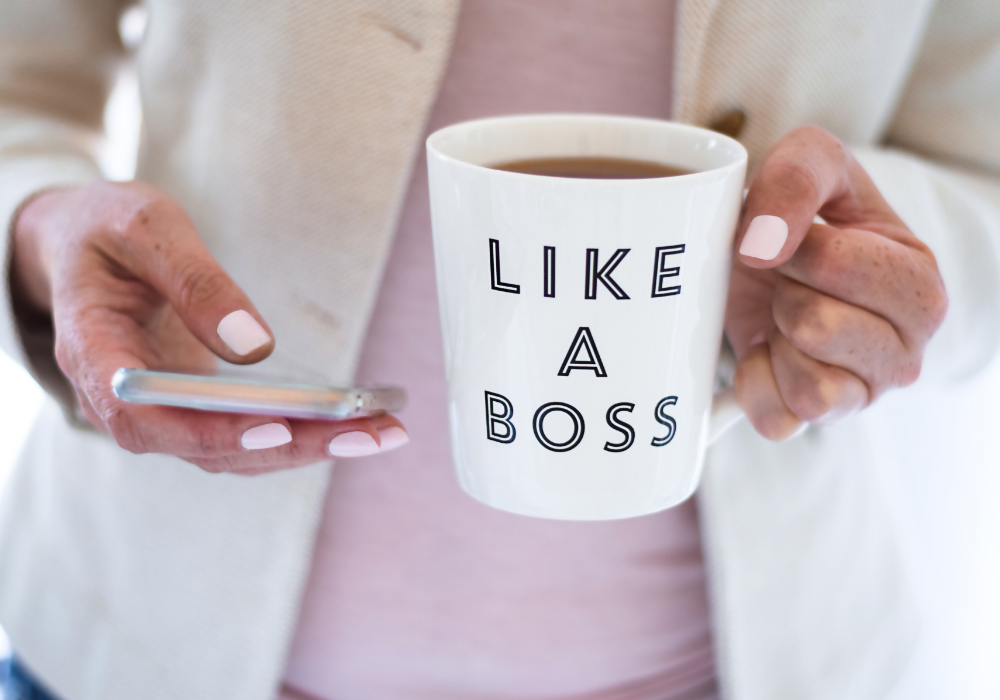
Capitalism loves to disguise overwork as ambition. “Girlboss,” “rise and grind,” “no days off”—these slogans turn burnout into a badge of honor. Self-care gets framed as another task on your to-do list: wake up at 5am, meditate, journal, go to the gym, drink a green smoothie, and crush your goals before noon. As highlighted by writers for The Guardian, the “girlboss” era promoted a version of female ambition that aligned with capitalist ideals, often leading to burnout and mental health issues among women striving to meet these relentless standards.
This is how exhaustion becomes aspirational. You’re not allowed to rest—you’re supposed to schedule it. And even then, it better make you more productive. Capitalism turns your body into a machine and your downtime into maintenance. The goal isn’t balance. It’s output. And the moment you try to slow down, the guilt kicks in.
4. Therapy talk gets co-opted into content—and sold back to you.
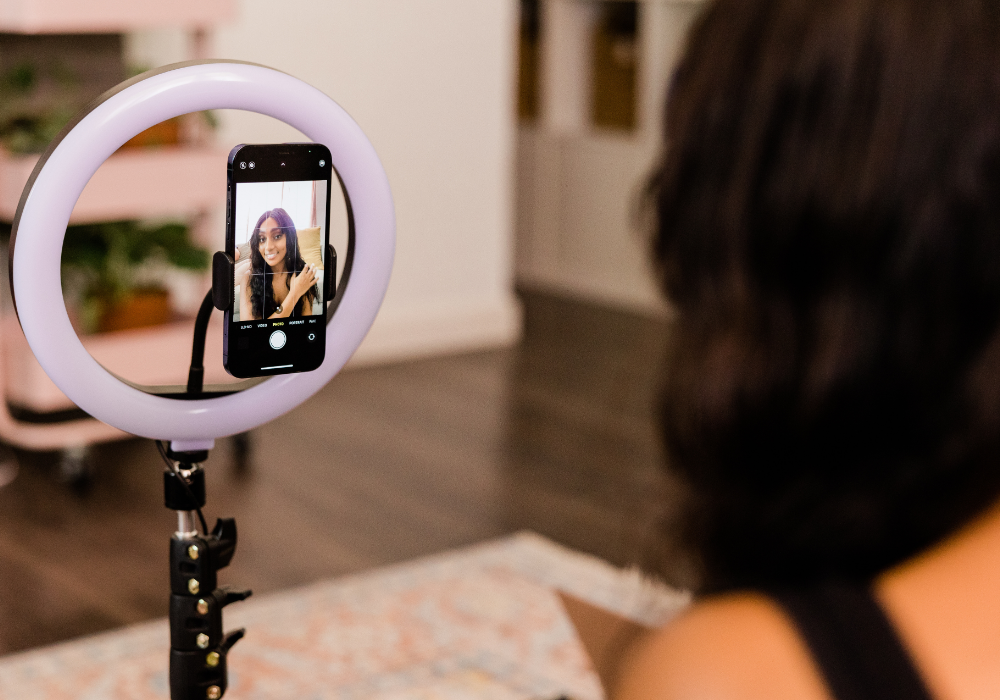
Language that once belonged in safe spaces—like “boundaries,” “trauma,” and “inner child”—now floods social media feeds and marketing campaigns. Brands use it to seem relatable. Influencers use it to sell routines. And somewhere along the way, healing became another form of self-branding. You’re not just getting better—you’re building a persona around your growth.
Capitalism’s genius is in taking something sacred and turning it into a trend. Need to rest? That’s “shadow work.” Want a break? That’s part of your “healing era.” But once it becomes content, the pressure returns—to look peaceful, to share progress, to monetize your journey. And if you’re not constantly evolving? It feels like failure. Real self-care happens off-camera. It’s messy, unprofitable, and often invisible. But that version doesn’t sell. So instead, we get curated vulnerability that keeps the algorithm happy and the system intact.
5. “Treat yourself” culture masks chronic deprivation.

You’ve had a hard week—so you buy a latte, a face mask, maybe a new outfit. It feels good in the moment, but by Monday, the stress is still there. That’s because what you’re treating isn’t indulgence—it’s survival. In a system that underpays, overworks, and constantly demands more, “treating yourself” is often the only break you get.
Capitalism thrives on this cycle. It deprives you just enough to keep you desperate for little rewards. Then it convinces you that a short-lived hit of joy is the same as real rest. Over time, you start believing that you earn your joy through suffering.
That relaxation has to be bought. But if you didn’t need to hustle so hard in the first place, would you still be reaching for temporary comfort? Self-care doesn’t mean self-soothing after harm—it means building a life where you don’t need to escape every week.
6. Mental health is monetized more than it’s supported.

We’re finally talking about mental health—but mostly in ways that turn it into a market. Apps, planners, supplements, crystals, coaching courses—the list goes on. Meanwhile, actual access to affordable therapy is still out of reach for millions. The conversation gets louder, but the solutions get more commercial. You’re encouraged to “prioritize your wellness,” but only if you can afford the price tag.
Capitalism loves awareness, as long as it doesn’t lead to change. It sells self-diagnosis through memes, then pushes products as the answer. But feeling better often requires things that don’t generate profit: community, slower pace, accessible care, time off. That’s not as easy to market. So instead of systemic support, we get targeted ads. Your anxiety becomes a demographic. Your depression gets a rebrand. And the system that contributes to the crisis gets away with selling you symptom relief instead of addressing the root.
7. Productivity tools disguise pressure as progress.

There’s a planner for everything now. A system, a method, a life hack. You can track your habits, plan your meals, and optimize your workflow down to the hour. But somewhere between color-coding your calendar and timing your “deep focus” blocks, you forget that humans aren’t robots. Rest doesn’t need to be scheduled to be valid.
Capitalism thrives when you believe you need to be doing more. So even your healing becomes a hustle. You’re not just journaling—you’re goal setting. You’re not just meditating—you’re increasing your ROI. These tools promise to help, and sometimes they do. But they also reinforce the idea that time not spent producing is time wasted. Self-care should be a soft landing, not another checkbox. You don’t need a perfect system—you need room to breathe. And peace doesn’t always come from planning. Sometimes, it comes from stepping off the timeline entirely.
8. “Clean living” turns health into an expensive competition.
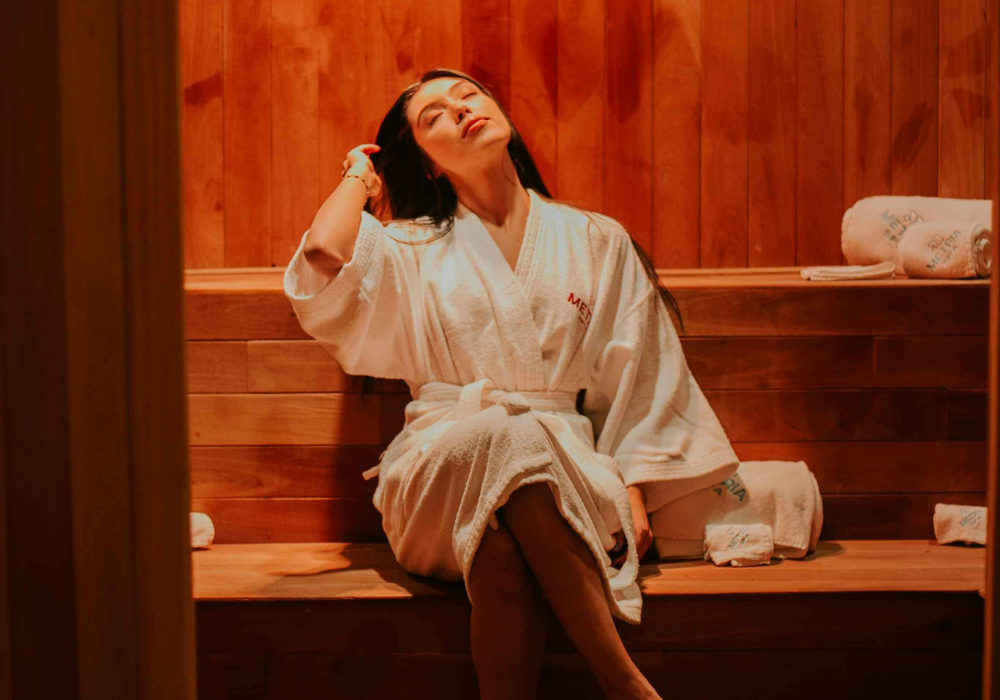
Green smoothies, non-toxic makeup, infrared saunas, adaptogen powders—self-care has become a luxury brand. The message is subtle but relentless: if you’re not buying the “clean” version of everything, you’re doing health wrong. But for many people, wellness doesn’t feel like empowerment. It feels like financial pressure dressed up as self-love.
Capitalism takes your fear of illness, burnout, or aging and turns it into a product line. Suddenly, taking care of yourself costs $300 a month and comes with moral judgment. If you can’t afford the fancy version, you’re seen as irresponsible.
But health isn’t something you can buy your way into. Real care looks like getting enough sleep, eating what nourishes you, and knowing when to rest—not buying overpriced supplements with vague benefits. Self-care should feel grounding, not performative. And if it’s only accessible to the wealthy, it’s not wellness. It’s just elitism in a better outfit.
9. Mindfulness gets stripped of meaning and sold as a mood booster.
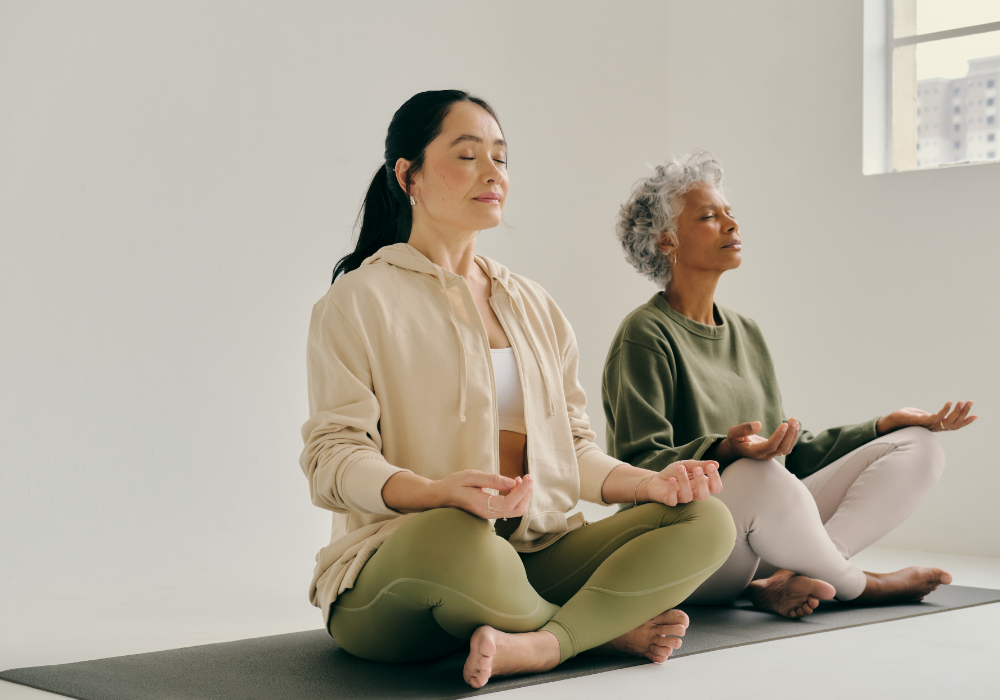
Mindfulness started as a spiritual and cultural practice with deep roots in Buddhism and other traditions. Now it’s a branded lifestyle. Apps, retreats, merchandise—it’s been boiled down to deep breathing and positive vibes, stripped of its context and complexity. The goal isn’t enlightenment anymore—it’s better focus at work or better sleep for better productivity.
When capitalism grabs hold of something sacred, it flattens it into a tool for personal optimization. You’re taught to meditate not to awaken, but to perform better. The stress is still there, the system still broken—but now you’re breathing through it. Real mindfulness isn’t just about calm—it’s about awareness. It helps you see when something isn’t right. But when it’s commodified, it becomes another way to tolerate dysfunction instead of confronting it. That’s not healing. That’s coping in silence while the system cashes in.
10. Rest becomes something you have to earn.

Under capitalism, rest isn’t a right—it’s a reward. You’re told to “earn your break,” “grind now, rest later,” or “deserve that vacation.” But rest shouldn’t be conditional. It’s a biological need, not a bonus prize. And tying it to productivity means that rest only feels acceptable when it’s been justified by exhaustion.
This mindset runs deep. Even when you take time off, guilt creeps in. You wonder if you’ve done enough to relax. You push yourself harder during the week to “make up for it.” That’s not rest—that’s bargaining.
Real self-care isn’t transactional. It doesn’t require burnout as proof. If you’re always waiting for permission to rest, the system’s already won. Capitalism doesn’t want you rested. It wants you recharged—just enough to keep working. But your worth isn’t based on how tired you are. And rest shouldn’t feel like rebellion. It should feel like coming home to yourself.
